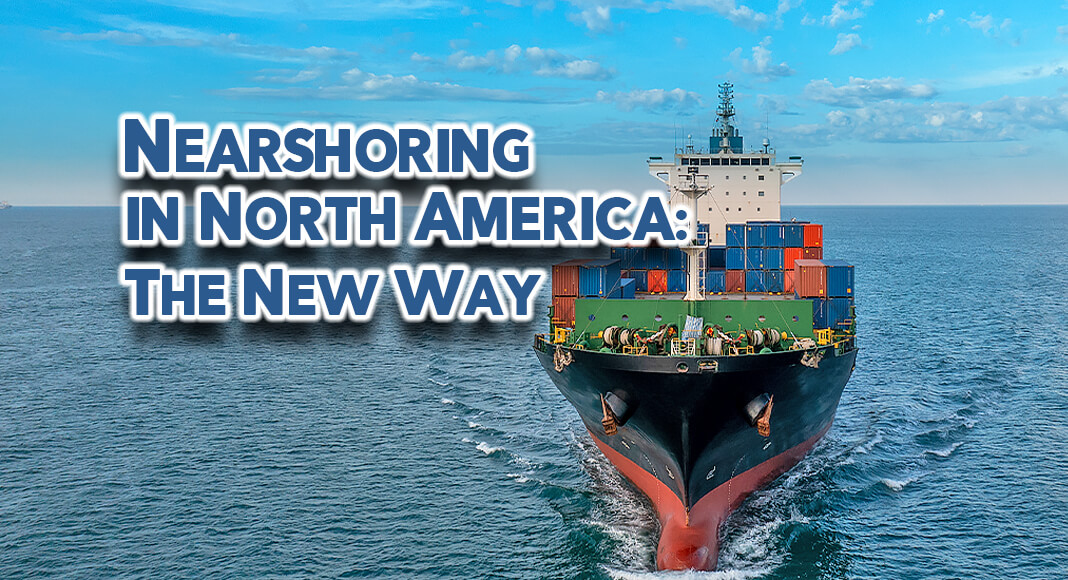
Texas Border Business
By Texas Border Business
The recent maritime offenses by the Houthi group have escalated concerns in global trade, drawing attention to their high-profile activities and the U.S. foreign policy stance under the Biden administration. This situation, particularly following the controversial removal of the Houthis from the U.S. government’s official terrorist list, has significant implications for international trade. Since mid-November, the Houthis have intensified their actions, including hijacking commercial ships and deploying drones, missiles, and speedboats to attack vessels in the Red Sea and Suez Canal. These vital trade routes account for about 12% of global commerce, and the disruptions have forced detours around southern Africa, lengthening transit times and amplifying the complexity and costs of global trade operations.
The United States, along with Britain and other allies, has responded with military action against Houthi targets in Yemen. A recent key development was the U.S. Central Command’s announcement of neutralizing four Houthi anti-ship ballistic missiles poised for launch from Yemen, threatening both merchant and U.S. Navy ships. This ongoing conflict and maritime security threats underscore the fragility and risks of extended global supply chains.
In this context, the case for nearshoring in the United States becomes compelling and necessary. The continuous instability in critical global trade routes, such as those impacted by the Houthis, highlights the vulnerabilities inherent in lengthy supply chains. Nearshoring, particularly in the U.S., offers a strategic and safer alternative. This approach ensures more reliable logistics and places businesses closer to one of the world’s largest markets. It addresses the risks associated with geopolitical instability and is aligned with the imperative of efficient supply chain management in the current fast-paced economic landscape.
Advantages of Nearshoring to the Rio Grande Valley (RGV)
• Reduced Supply Chain Disruptions: Establishing manufacturing closer to the U.S. market significantly mitigates risks from long-distance shipping and geopolitical instability.
• Faster Market Response: Proximity to the consumer market enables quicker adaptation to consumer demands and trends.
• Lower Transportation Costs: Shorter shipping distances lead to reduced transportation costs, a significant factor in light of alternative, longer routes necessitated by maritime security threats.
• Improved Quality Control: Closer oversight of manufacturing processes ensures higher standards and compliance with U.S. regulations.
• Economic and Environmental Benefits: Investing in U.S.-based manufacturing stimulates the local economy and contributes to lower carbon emissions, meeting environmental responsibility goals.
While nearshoring presents clear advantages, navigating the complexities of transitioning operations to the U.S., including regulatory, labor, and economic considerations, is crucial. The initial investment and setup costs are substantial but are often offset by long-term benefits. The geopolitical dynamics, such as the U.S. government’s stance on groups like the Houthis, play a significant role in these decisions, intertwining political, security, and humanitarian considerations.
Nearshoring to the United States emerges as a strategic and practical solution to the challenges posed by global supply chain disruptions due to geopolitical conflicts. It enables businesses to enhance resilience, respond promptly to market needs, and align with broader economic and environmental objectives. The evolving global trade landscape makes nearshoring an increasingly attractive option for businesses seeking stability and efficiency.
















